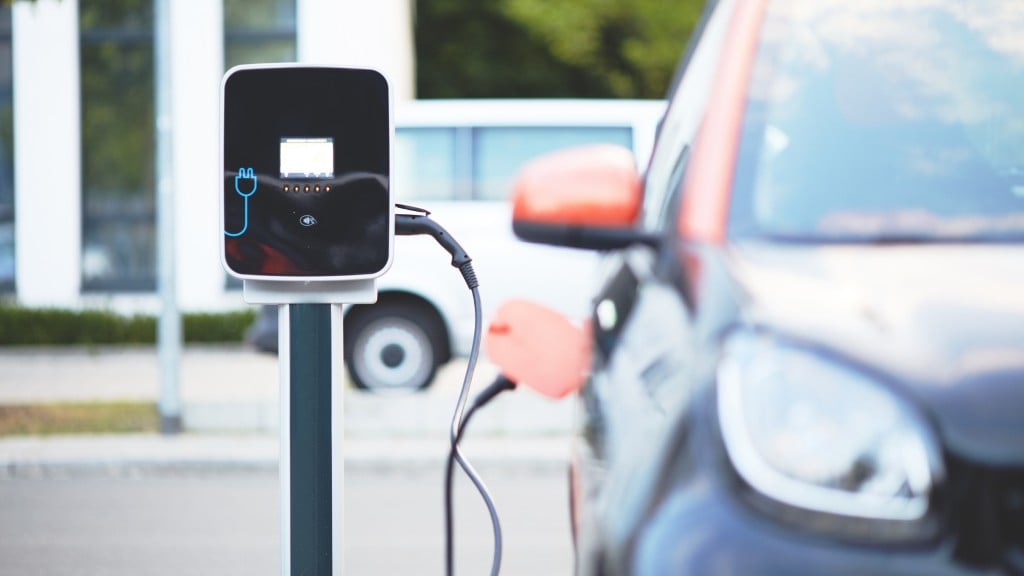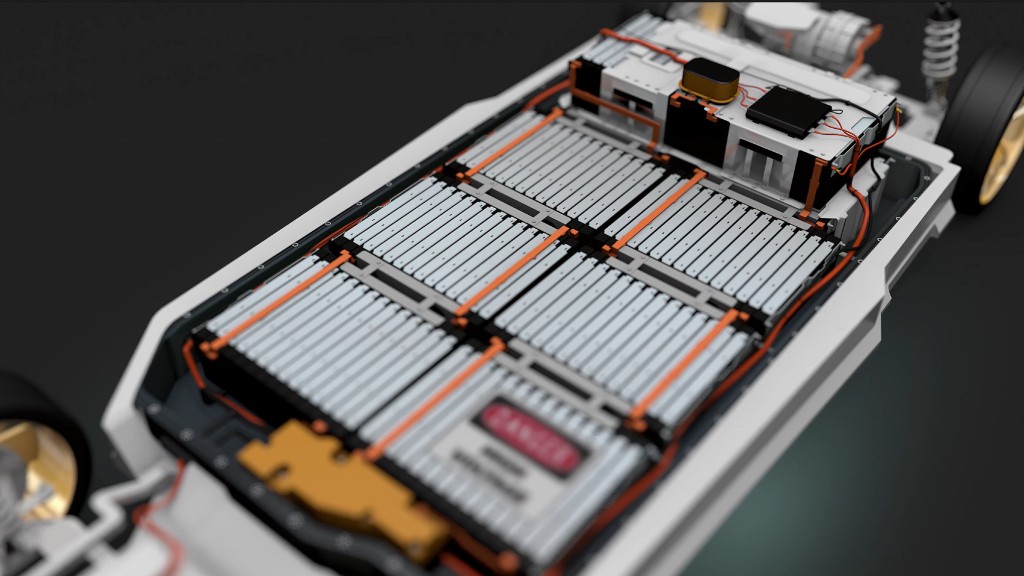ABI Research finds U.S. EV battery recycling poised to face input supply challenges by 2030

Heavy investment from the private sector and the U.S. government has led to plans for battery recycling outpacing demand. According to new research from global technology intelligence firm ABI Research, U.S. electric vehicle (EV) battery recycling plants plan to have the capacity to recycle 1.3 million EV-equivalents of batteries annually, but only 341,000 will be available by 2030.
"There are concerns about a lack of capacity for EV battery recycling, but the opposite is true. Current plans for recycling plants see capacity greatly outstripping the supplies of waste batteries. This will lead to uneconomic utilization rates or, more likely, a delay or scaling down in recycling projects," says Dylan Khoo, Electric Vehicles Industry Analyst at ABI Research.
In 2030, around one-third of waste EV batteries will be end-of-life batteries installed in cars, having reached the end of their useful lives, and are then recycled. The rest will come from factory scrap: batteries that do not pass quality control on production lines and go directly to recycling. For the planned battery recycling plants to reach a viable utilization rate, there must either be a massive reduction in EV battery lifespans or a gigafactory yield rate, neither of which is likely.
Given the expected shortage of waste EV batteries, battery recyclers must be highly competitive to win. The research suggests that Ascend Elements' hydro-to-cathode direct recycling process could be a key advantage. Recyclers that are also building up a supply chain of non-recycled materials to ensure consistent output of processed materials, such as Redwood Materials, will also be better poised to make it through the supply shortage without scaling back their plans.
"We expect to see a revision of recycling plant plans to account for the shortage of waste EV batteries and an increase in demand for these batteries, which will put pressure on recyclers. This will have knock-on effects, further weakening the business case for second-life applications, as used batteries are more likely to go directly to recycling rather than be reused," concludes Khoo.
These findings are from ABI Research's Securing the EV Supply Chain: Battery Recycling in the United States application analysis report. This report is part of the company's electric vehicle research service, which includes research, data, and ABI Insights.


